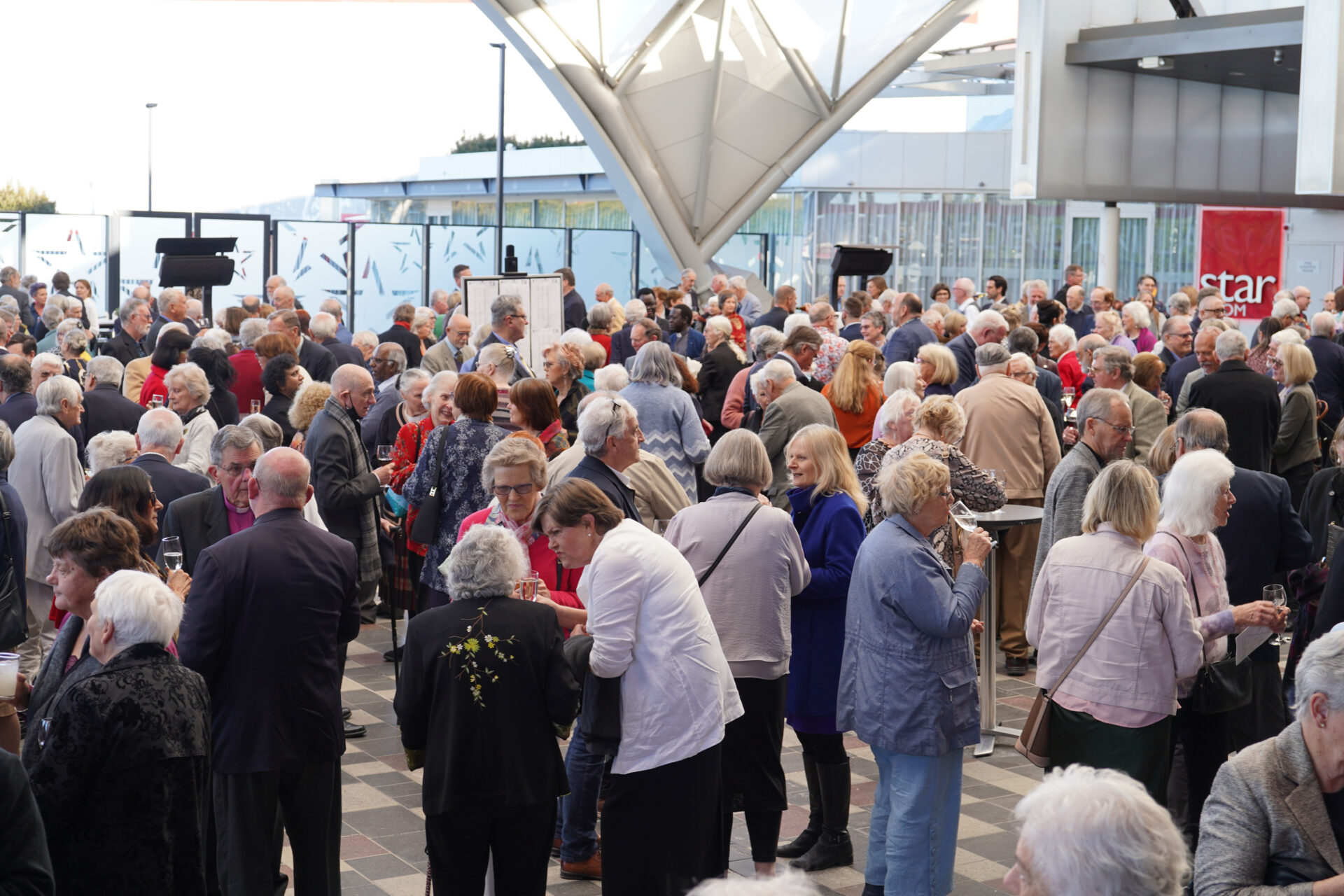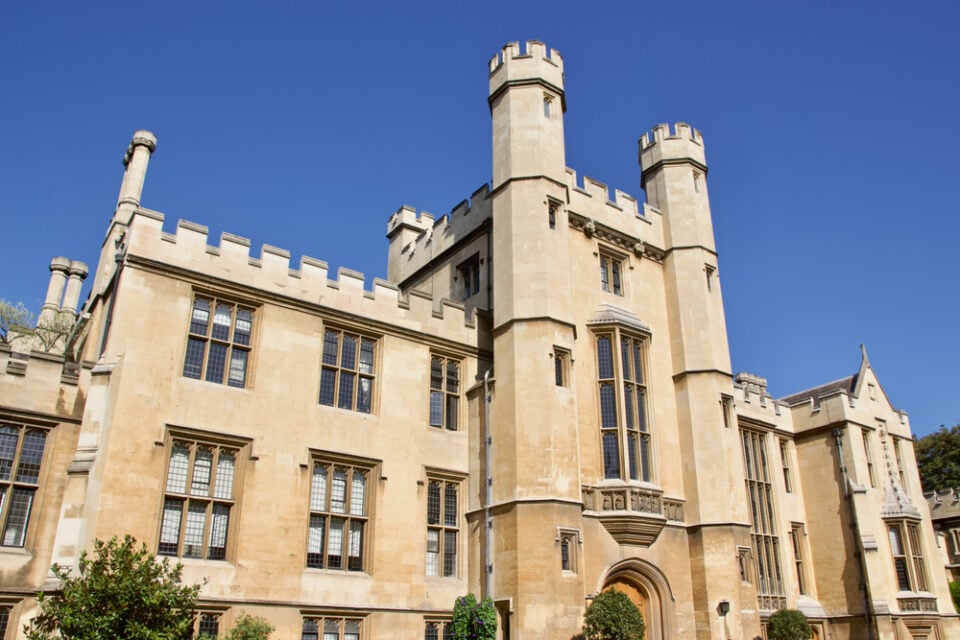By John Littleton
An Inaugural Lay Leaders’ Forum was held 31 May 2025 – a very positive development, says the Rev’d Dr John Littleton. But he prefers the term disciples to Lay Leaders
The word ‘lay’ does not adequately honour the vocation of Parish Leaders and we should consider using the word disciple. All disciples need to be nourished, equipped, helped and sustained for their ministries, as everyday disciples, parish leaders, deacons, priests and bishops; all the baptised. The church today is called to help people become and be disciples, not laity.
Two words describe this “lay issue”: vocation and language.
Vocation
Baptism is the foundation of the church and the source of discipleship ministry. In our baptismal commitment we turn to Christ and become disciples in response to our vocation or calling from God. All disciples, the baptised faithful have a vocation: everyday disciples, parish leader disciples, deacon disciples, priest disciples, and bishop disciples. Through baptism the Church is to be understood as a community of equals with a diversity of ministries of service, recognising co -responsibility and servant leadership by all.
Those disciples exercising their vocation as deacons, priests and bishops make up about one percent of the membership of the People of God. The issue is that the majority of Church members, the laity, also have a vocation and ministry in their own right within the People of God faith community, uniquely participating in the mission of God; serving Christ in daily life, family, work, civic involvement and in society on issues facing humanity, and sharing in the life, worship, and governance of the People of God. The People of God is a well-known biblical term used to describe and understand the inclusive, holistic and serving nature of the Christian Church.
Parish Leaders make up about nine percent of the membership of parish communities, and relate to official church life, for example, Wardens, Parish Councillors, Synod Representatives, Communion Assistants, Musicians, Ministry Leaders, Pastoral Care visitors.
The ‘Lay Issue’ has been discussed before. Henrick Kraemer’s significant and readable work in 1958 on A Theology of the Laity drew attention to the ‘Lay Issue’, the renaissance of seeing the laity as an ‘essential part of the church’, and not just an ‘insufficiently tapped’ human resource. For Kraemer the terms ‘lay’ and ‘laity’ described the ‘ordinary member of the church’, men and women.
The rediscovery of the ministry of the laity in the 1950’s led the World Council of Churches to establish a Department of the Laity (1956-1971) with a focus on the laity as the church’s representative in the secular world. Anglican Bishops discussed the ministry of the laity during five Lambeth Conferences 1958-1998. Anglican Prayer Books (USA 1979; NZ 1989) describe the vocation of lay ministers as representing Christ in the world and sharing the leadership of worship and governance in the Church. In A Prayer Book for Australia 1995, those being ordained priest are asked the question ‘Will you encourage and enable those committed to your care to fulfil their ministry and mission in the world?’
The Diocesan Forum focuses on the vocation of Parish Leaders.
Church Language
The use of the word ‘lay’ is very dominant in our Anglican Church life. The term ‘clergy and laity’ describe our traditional understanding of the orders of ministry. Evidence provided for the clergy-lay distinction is derived from the First Letter of Clement from Rome, a letter addressed to the church in Corinth around 96 CE, which stated that God had arranged for these two orders of the church. These orders were based on the Roman society distinction between the ordo, magistrates and officials and the plebs, the general populace. The idea of clergy and laity originated around the time of Clement of Rome and was gradually adopted in ecclesial language in the following centuries.
There is, however, another side to the story of using the reference to the Clement Letter. The first known use of the term lay is found in that Clement of Rome Letter around 96 CE. Scholars, like Yves Congar and Hans-Ruedi Weber showed that the first known use of the lay concept appeared in that same Letter by Clement of Rome (1 Clement 40: 5). In chapter 40, verse 5 of the letter Clement described church order and provided information that ‘Lay people are bound by the rules laid down for the laity’. 1
But, the emphasis in the New Testament is on the laos, the whole People of God. There were leaders in the first century Christian communities – apostles, deacons, elders and household leaders, for example. In the vocabulary of the New Testament no distinction is made between lay people and clerics. The lay concept is not mentioned in this New Testament Canon, which is regarded as the standard norm in the Christian tradition. The lack of reference to the ‘lay’ in the New Testament motivates some disciples today to stop using the word ‘lay’.
Few seem to question this church ‘lay’ language. With a few others 2 , I do question its use. I no longer use the word ‘lay’. The word ‘disciple’ is preferred. The word ‘lay’ as in lay ministry or lay leaders is passing its used by date.
I have found over the years that some key leaders in parishes say that they are only lay people. Hans Ruedi-Weber once commented ‘Who wants to be an is not?’ The word ‘lay’ means not ordained, not clergy and not qualified.
The word disciple has its origin in the Latin word discere (to learn). The Greek word for disciple mathetes means learner or apprentice. Christian disciples are followers of Jesus and learners.
Disciples are learners and ministers (to minister is to serve). Parish Leader disciples engage in Christian learning and leading as people who are ordained by God in Christ through baptism-confirmation, strengthened and commissioned through Holy Communion and qualified through their Christian faith, abilities, and skills, uniquely participating in God’s mission. Deacons and priests are called to a special subsequent ordination by the bishop to ministry tasks needed within the People of God.
John Littleton BA, BEd (Melbourne), Dip RK (Cambridge), DMin (Adelaide College of Divinity), MACE is a retired Anglican priest in The Diocese of Adelaide. He was Rector of St. Saviour’s Anglican Church, Glen Osmond, Adelaide 1992-2006. His website is www.tjhlittleton.com






